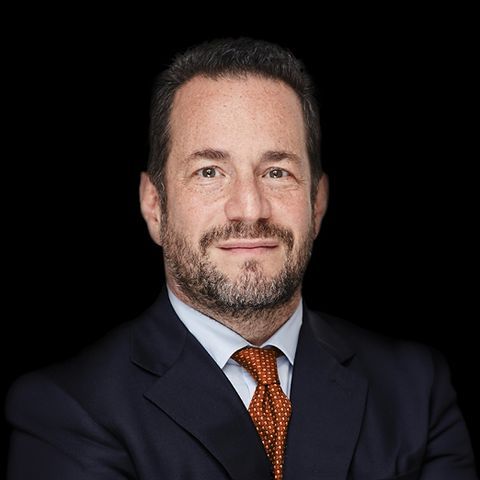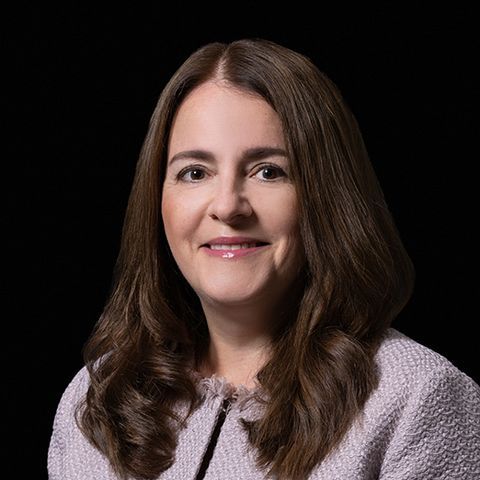Publications
CCO Oversight in a Remote Working Environment
SRZ Private Funds Regulatory Update
May 2020
While COVID-19 has changed many aspects of the working environment for private fund managers and other investment advisers, compliance and legal personnel have not been granted any dispensations from their duties by the regulators. In fact, while the SEC staff in the Office of Compliance Inspections and Examinations has stated that they understand the hardships and challenges imposed by the ongoing pandemic[1] (with similar statements being issued by the CFTC and the National Futures Association[2]), the legal and compliance functions of private fund managers are expected, and required, to continue to operate.
Notwithstanding the regulator’s empathy, both the SEC and the NFA continue to operate robust examination programs, and to institute new reviews; the SEC has also announced a new examination initiative focused on Form CRS,[3] and made it clear that the effective date for Form CRS will not be pushed back.
Given that investment advisers have largely moved to a distributed workplace setting, with some work-from-home policies being expected to continue for the foreseeable future, chief compliance officers and other compliance professionals need to be both diligent and creative in satisfying their oversight and surveillance obligations. Managers should document how their compliance programs have been adapted to address these unique circumstances and, while the full list of tasks and responsibilities that need to be addressed is quite long, should consider some of the following tools and techniques:
- “Check-Ins” with Business Unit Heads. Given that most advisers’ personnel have lost the ability to have in–person face-to-face interactions with each other, compliance officers should be proactive in scheduling regular calls or videoconferences with investment professionals and colleagues in trading, investor relations, accounting and operations. Sustained and diverse interactions can help maintain an open environment and ensure that “Compliance” continues to receive timely information on the firm’s operations. To the extent regularly scheduled calls or meetings of investment professionals are being held, compliance officers should consider participating.
- Training. The work-from-home model can facilitate more frequent and more targeted training sessions. With investment and administrative professionals having limited or no travel opportunities, and with a general erosion of the separation between work and non-work hours, it may be easier than ever to schedule training sessions with personnel who are difficult to reach in normal times. With the use of on-demand videoconferencing,[4] it is also possible to hold shorter, more targeted trainings with specific individuals or operational groups. As always, evidence of attendance, and copies of the materials used or the topics covered should be retained for support of this compliance effort.
- Compliance Reminders. Similarly, compliance officers will often circulate firm-wide or group-specific emails to explain policy updates, reinforce understanding of existing policies or address compliance matters that have come up. This process should continue, and may accelerate, and evidence of frequent outreach efforts should be retained for inclusion in a later review.
- Review of Electronic Communications. Many managers are finding that, in the distributed workplace, business-related electronic communications are even more pervasive. Compliance officers may want to consider additional or broader electronic communication reviews to address the increased traffic and facilitate effective surveillance. In addition, as messaging platforms, videoconferencing tools and other electronic communications applications proliferate, compliance officers should consider additional ways to detect any shift of business-related communications from archived to unarchived services.
- Trading Reviews. With the virtualization of the trading function, some advisers have seen an increase in trade errors and trade mismarkings. Compliance officers should be assertive in their efforts to stay in touch with the investment, operations and trading personnel to enable them to address any errors as soon as possible.
This article appeared in the May 2020 edition of SRZ’s Private Funds Regulatory Update. To read the full Update, click here.
[1] See Securities and Exchange Commission, Office of Compliance Inspections and Examinations, Announcement: OCIE Statement on Operations and Exams — Health, Safety, Investor Protection and Continued Operations are our Priorities (March 23, 2020); and Securities and Exchange Commission, SEC Coronavirus (COVID-19) Response (April 9, 2020).
[2] See No-Action Positions for Commodity Pool Operators in Response to the COVID-19 Pandemic (March 20, 2020), available here; Interpretive Notice I-20-12: Coronavirus Update — NFA Branch Office Requirements (March 13, 2020), available here.
[3] See, generally, “SEC Form CRS: OCIE Announces Examination Focus,” SRZ Alert (April 10, 2020) available here.
[4] See, generally, “Videoconferencing: Tips for Fund Managers to Navigate Security, Privacy and Compliance Risks,” SRZ Alert (April 10, 2020) available here.
This communication is issued by Schulte Roth & Zabel LLP and Schulte Roth & Zabel International LLP for informational purposes only and does not constitute legal advice or establish an attorney-client relationship. In some jurisdictions, this publication may be considered attorney advertising. ©2020 Schulte Roth & Zabel LLP and Schulte Roth & Zabel International LLP.
All rights reserved. SCHULTE ROTH & ZABEL is the registered trademark of Schulte Roth & Zabel LLP.



